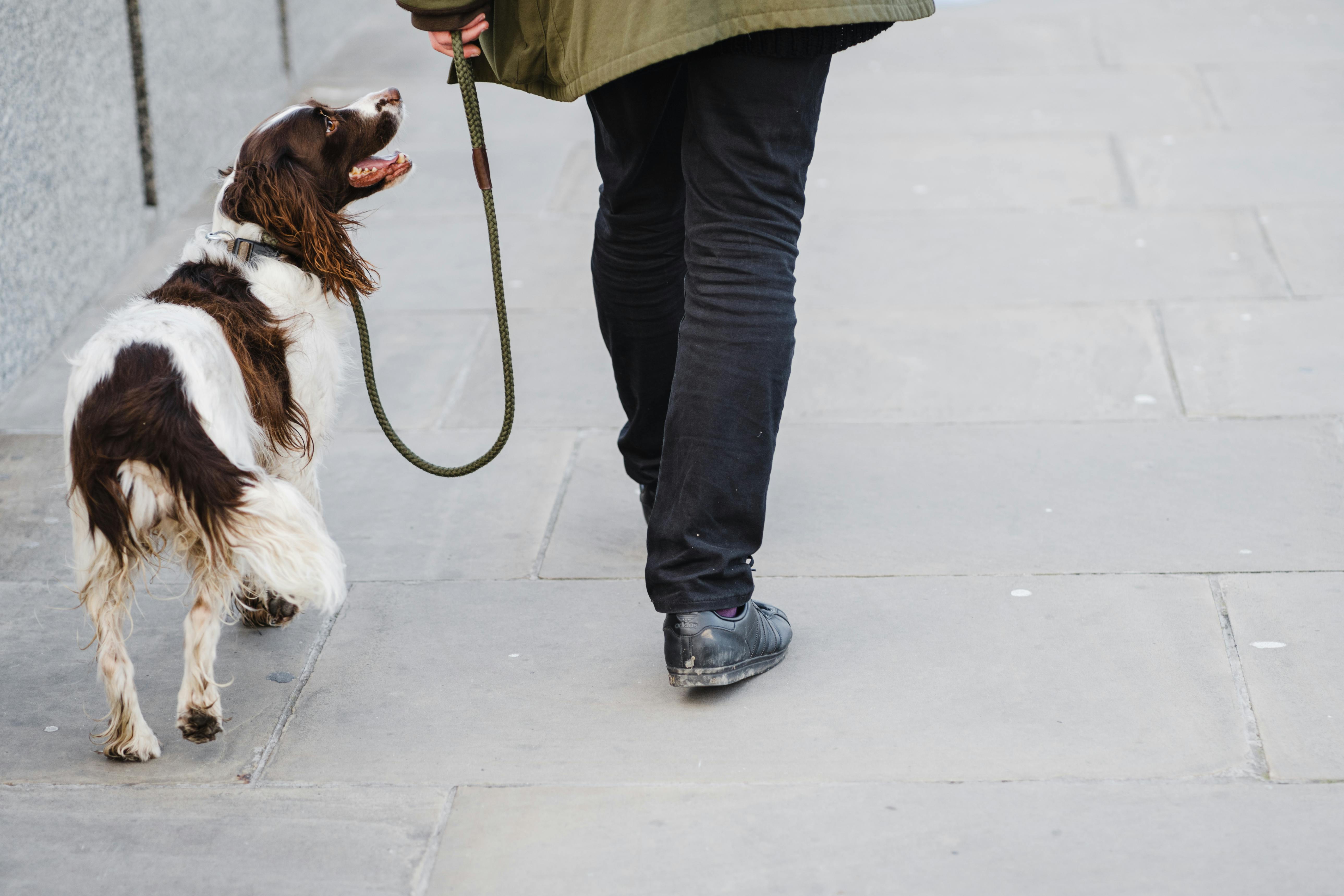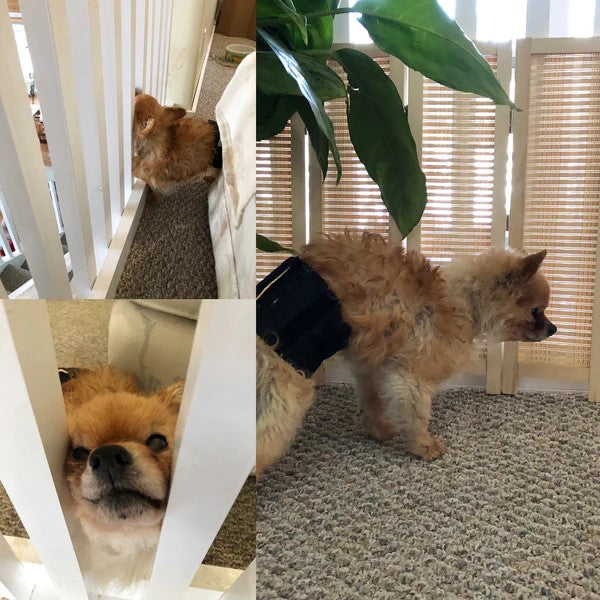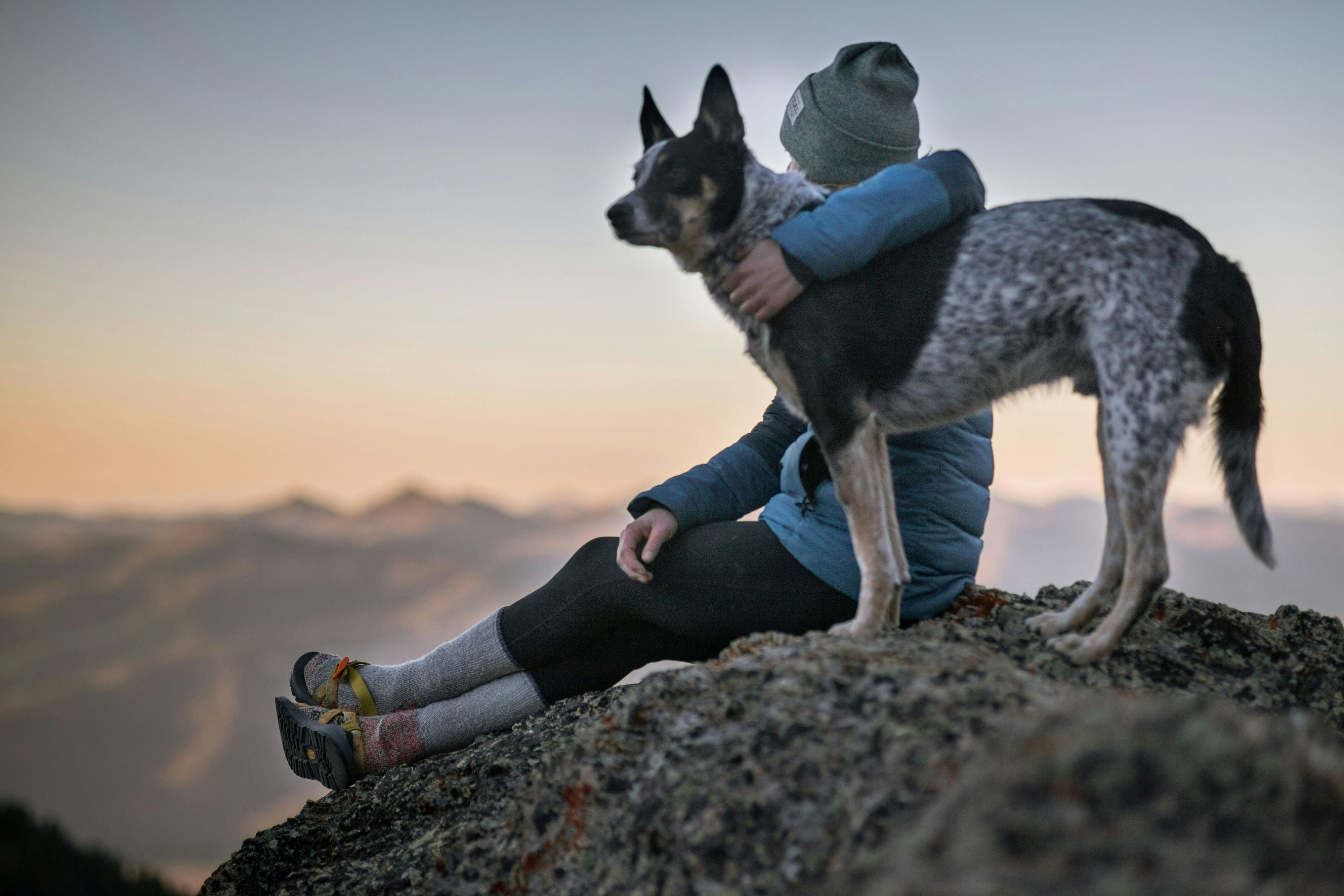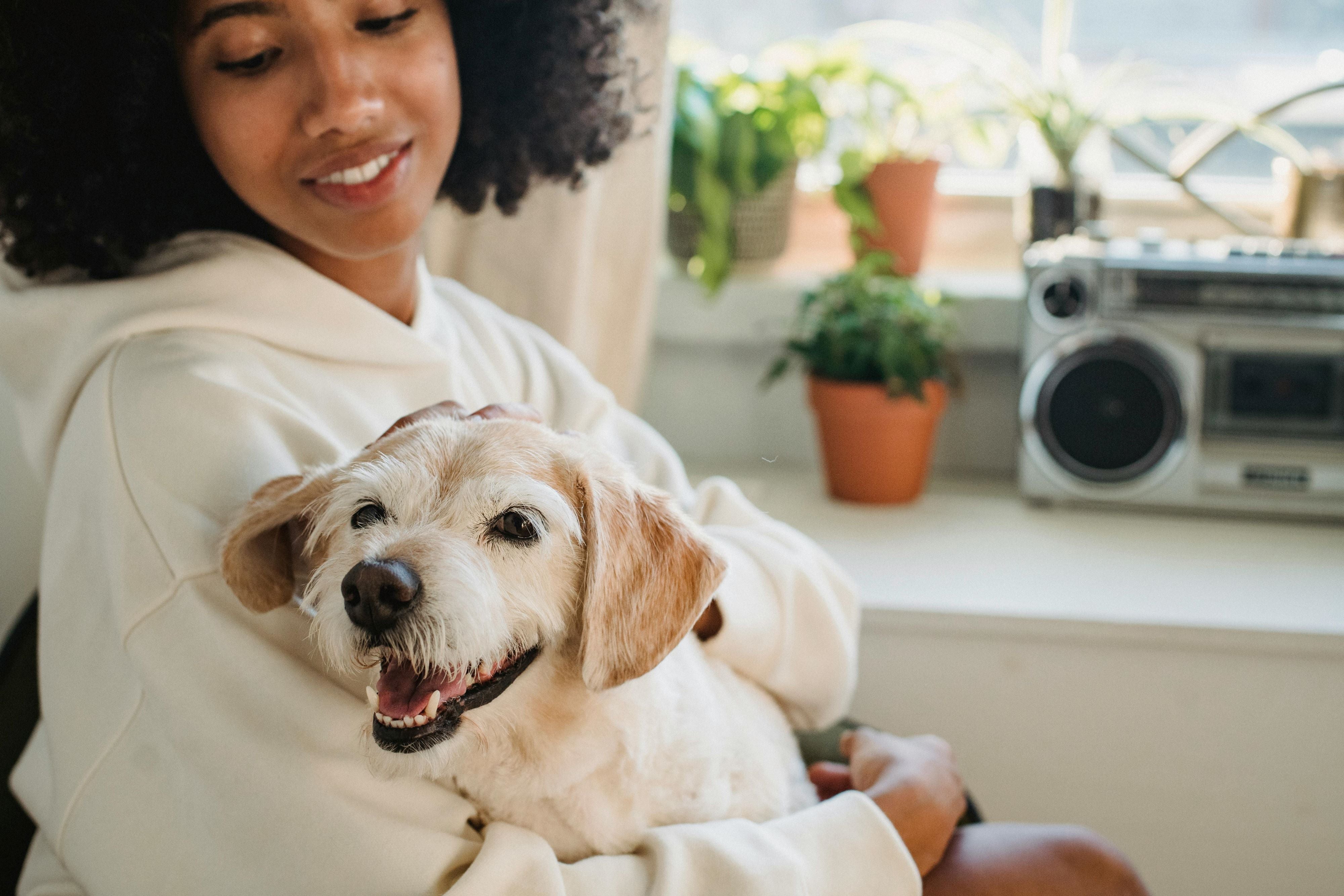
Why Is My Dog's Anxiety Getting Worse With Age?
As our furry companions age, we often notice changes in their behavior and temperament. One common issue that many pet owners face is the exacerbation of their dog's anxiety as they grow older. Whether it's separation anxiety, fear of loud noises, or general nervousness, understanding why our senior dogs experience heightened anxiety as they age is crucial in providing them with the care and support they need. In this blog post, we delve into the various factors contributing to the worsening of anxiety in senior dogs and explore strategies to help them cope better.
Contributing Factors to Senior Dog Anxiety
Physical Health Issues

Photo by Olga Lioncat
Just like humans, dogs experience physical changes as they age. Arthritis, vision or hearing loss, and other health problems can make them more susceptible to anxiety. Imagine feeling discomfort or pain every time you move—this constant discomfort can undoubtedly lead to increased stress and anxiety. It's essential to monitor your dog's physical health regularly and address any issues promptly to alleviate their anxiety.
Cognitive Decline

Cognitive dysfunction syndrome (CDS), often referred to as canine dementia, is prevalent in aging dogs. Symptoms include disorientation, changes in sleep patterns, and altered behavior—symptoms that can easily be mistaken for increased anxiety. Dogs with CDS may become more anxious due to confusion and the inability to comprehend their surroundings. Providing mental stimulation through puzzles, toys, and interactive games can help slow down cognitive decline, and making changes around the house to simplify your senior dog's environment can reduce anxiety levels.
Loss of Familiarity
Aging dogs may experience anxiety due to changes in their environment or routine. Whether it's moving to a new house, the addition of a new pet or family member, or alterations in their daily schedule, these disruptions can be distressing for older dogs who thrive on familiarity and routine. To minimize anxiety, try to maintain a stable environment for your dog as much as possible, and introduce changes gradually to give them time to adjust.
Loss of Companionship

Photo by Bekka Mongeau
As dogs age, they may experience the loss of their furry companions or human family members. Dogs form strong emotional bonds with their pack members, and the loss of a companion can lead to feelings of loneliness and anxiety. Providing extra love, attention, and companionship to your aging dog during this difficult time can help ease their anxiety and reassure them that they are not alone.
Heightened Sensitivity
Aging dogs may become more sensitive to certain stimuli, such as loud noises, unfamiliar people or animals, or changes in weather patterns. This increased sensitivity can trigger anxiety responses in dogs who were previously unaffected by such stimuli. Creating a safe and calm environment for your dog, especially during times of heightened sensitivity, can help alleviate their anxiety and provide them with a sense of security.
Underlying Medical Conditions
In some cases, worsening anxiety in aging dogs may be indicative of underlying medical conditions such as thyroid imbalances, hormonal changes, or neurological disorders. It's essential to consult with your veterinarian if you notice significant changes in your dog's behavior or anxiety levels, as these changes could be symptomatic of a more serious health issue that requires medical attention.
Past Traumatic Experiences
Just like humans, dogs can carry emotional scars from past traumatic experiences. Aging dogs may become more anxious if they have experienced abuse, neglect, or other traumatic events earlier in life. Understanding your dog's history and providing them with a safe and loving environment can help them heal from past trauma and reduce their anxiety levels as they age.

Photo by Samson Katt
As our canine companions enter their golden years, it's natural for them to experience changes in behavior and temperament, including heightened anxiety. By understanding the various factors contributing to the worsening of anxiety in aging dogs, we can better support and care for them as they navigate the challenges of aging.
Whether it's addressing physical health issues, providing mental stimulation, maintaining a stable environment, or offering extra love and companionship, there are many ways we can help our aging dogs feel more secure and at ease in their senior years. With patience, understanding, and proper care, we can ensure that our beloved furry friends enjoy a comfortable and anxiety-free life as they grow older.
Ann-Marie Fleming is the Founder & CEO of Dog Quality, a provider of innovative assistive products focused on improving the quality of life for older dogs and the families that care for them.

